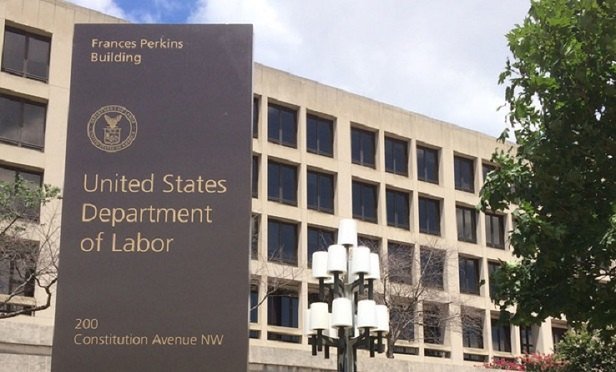 (Photo: Mike Scarcella/ALM Media)
(Photo: Mike Scarcella/ALM Media)
Republican attorneys general representing 25 states last week filed suit in a Texas federal court seeking to block the Labor Department rule that allows fiduciaries to consider climate change and other environmental, social and governance factors when they select retirement investments and exercise shareholder rights.
Recommended For You
Complete your profile to continue reading and get FREE access to BenefitsPRO, part of your ALM digital membership.
Your access to unlimited BenefitsPRO content isn’t changing.
Once you are an ALM digital member, you’ll receive:
- Breaking benefits news and analysis, on-site and via our newsletters and custom alerts
- Educational webcasts, white papers, and ebooks from industry thought leaders
- Critical converage of the property casualty insurance and financial advisory markets on our other ALM sites, PropertyCasualty360 and ThinkAdvisor
Already have an account? Sign In Now
© 2025 ALM Global, LLC, All Rights Reserved. Request academic re-use from www.copyright.com. All other uses, submit a request to [email protected]. For more information visit Asset & Logo Licensing.








